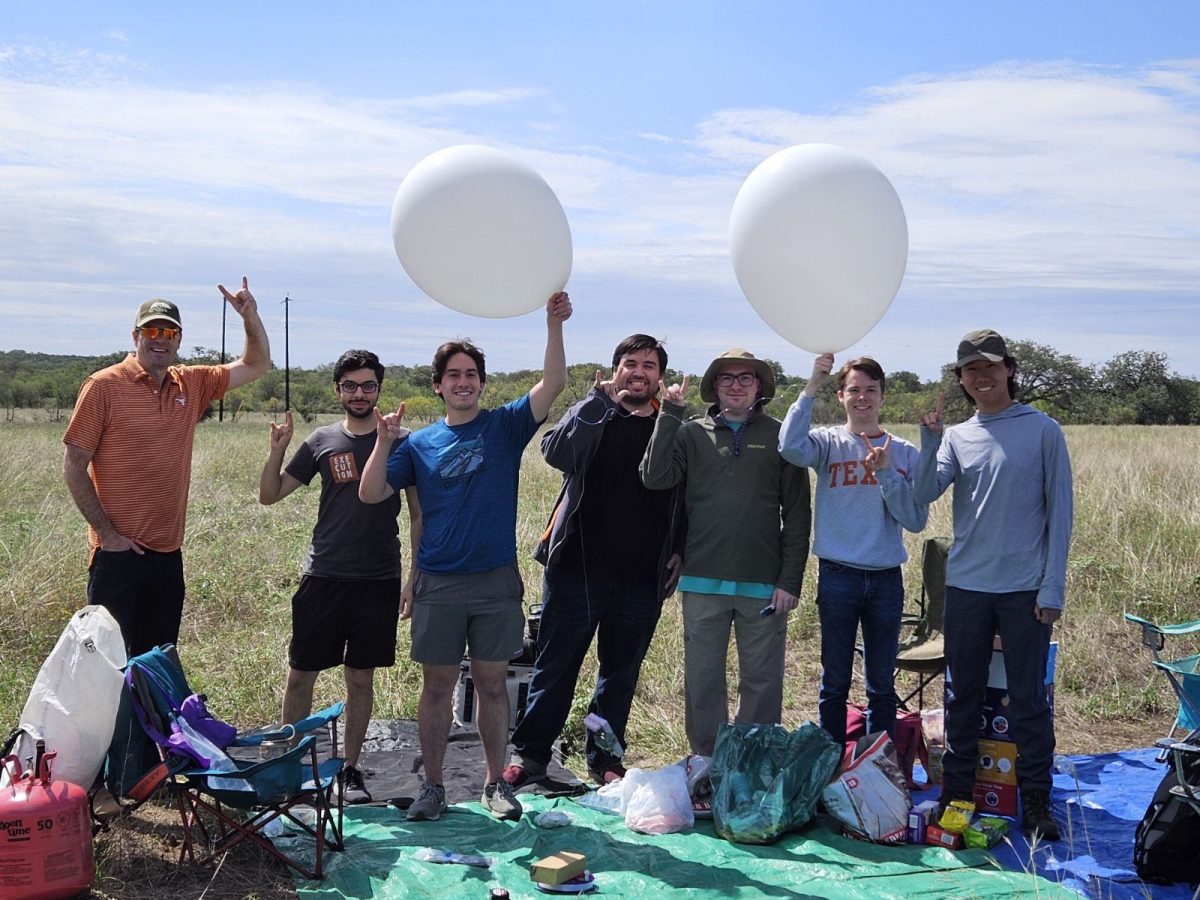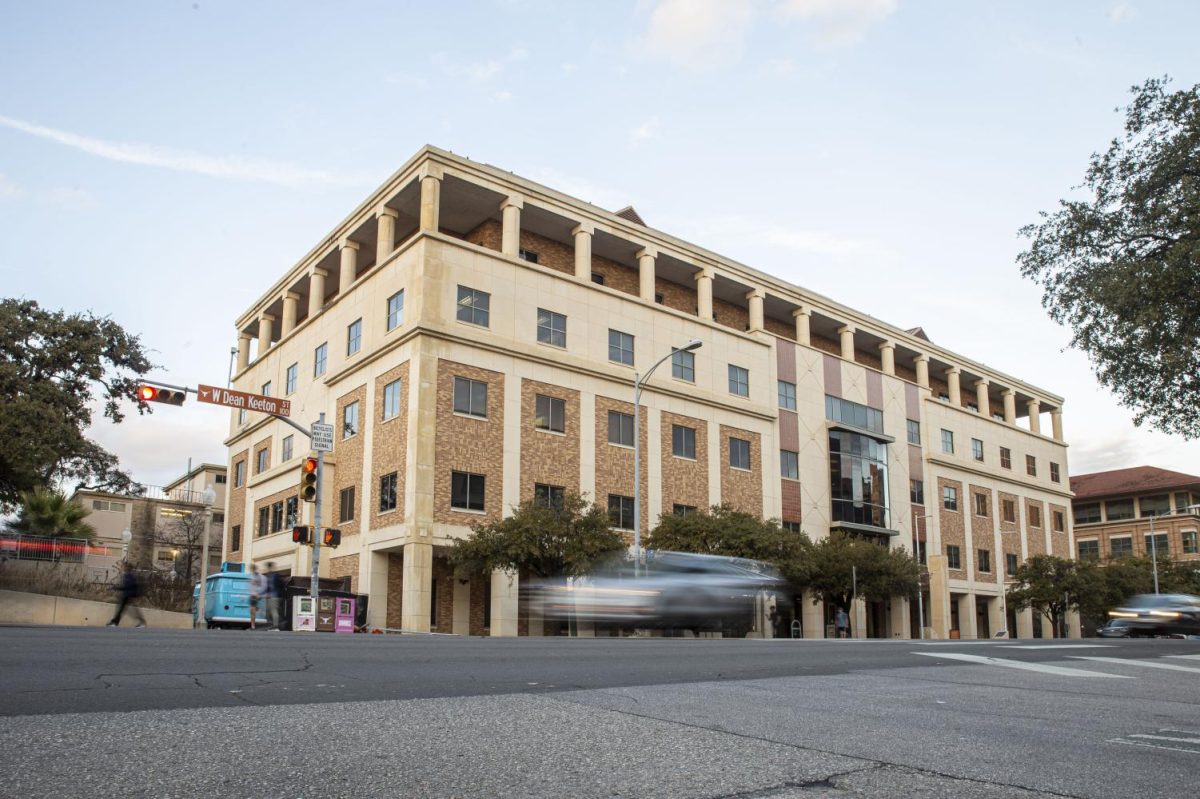A bill filed for the upcoming legislative session could standardize the process for students transferring between Texas colleges and universities.
The bill, filed by state Rep. Dan Branch, R-Dallas, would create a statewide transfer compact program between institutions of higher education to facilitate the process of transferring coursework to count toward a degree.
Currently, institutions maintain specific transfer agreements that are not uniform across the state.
Two years ago, the Texas Higher Education Coordinating Board, which oversees the state’s higher education institutions, launched the Tuning Texas project, a similar initiative. Tuning Texas is a voluntary transfer compact program between some community colleges and universities.
Similar to Branch’s proposal, the project designates universal courses framed around objectives identified by faculty from universities and community colleges. The compact requires participating institutions to apply all courses designated by the compact toward a student’s degree.
Branch’s bill would implement these statewide transfer compacts as mandatory for all institutions and require the development of transfer compacts for all other majors by May 31, 2014.
THECB spokesperson Dominic Chavez said it has been difficult to get all universities to sign off on standardized compact agreements — a debate that could occur during the legislative session.
“Ultimately, the only way this is going to work is if everyone plays ball,” Chavez said. “[The coordinating board is] not mandating that all institutions participate in the compact nor will they be required to accept all transfer students into that degree program. Universities can still have very high admission standards.”
Tuning Texas has developed transfer information for four engineering degrees and four science degrees.
UT-Austin did not opt into the program.
Chavez said this time line is unrealistic and will have to be discussed between the Legislature and the board.
According to data obtained from the Office of Admissions, 2,440 students transferred to the University in 2012 — 61 percent from four-year colleges and 38 percent from junior colleges.
Almost half of last year’s transfer students began their undergraduate degree at UT-San Antonio, Austin Community College or UT-Arlington.
Linda Young, special assistant to the president for external affairs at ACC, said UT-Austin has worked to ease burdens for ACC students transferring to the University and that state compact agreements would help make the process more efficient.
“I can’t imagine it would be more efficient than if such an agreement would be in place,” Young said. “It would also be more effective for institutions that share students — where students transfer from one to another.”
Young said students do raise concerns about the lack of a uniform naming system and often have to make sure definitions are accurate and appropriate for the equivalent course at another institution.
Students looking to transfer to UT-Austin can use the University’s Automated Transfer Equivalency database to search for transfer credit evaluations for more than 292,000 courses at other institutions in Texas.
Most majors do not require transfer applicants to complete specific transferable courses, according to UT’s Office of Admissions.
At UT-Austin, business, engineering, geosciences and natural sciences majors are required to transfer specific versions of calculus courses. The McCombs School of Business also requires students to submit proof of credit or in-progress work in microeconomics and macroeconomics.
Biology junior Farhan Sahawneh, a student mentor for the Transfer Student Association, said several pre-med members of the association faced challenges when they tried to transfer science courses and supported the idea of state standardized transfer agreements.
Sahawneh said out-of-state transfer students would still face challenges.
“For someone who takes community college courses outside the state, the courses have to be evaluated by a panel, and that’s usually where most of the disappointment of our members comes from,” Sahawneh said. “Most students don’t know if their coursework will transfer beforehand, and most don’t know until they apply to UT.”



















